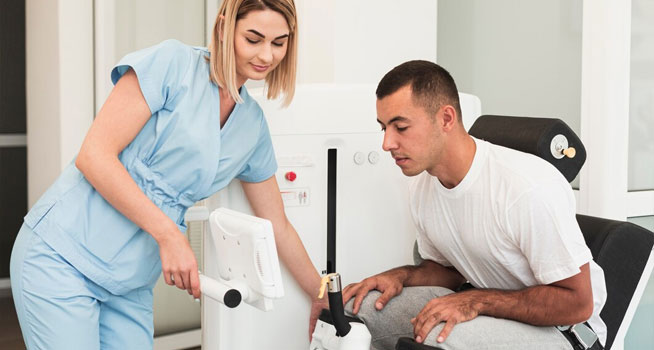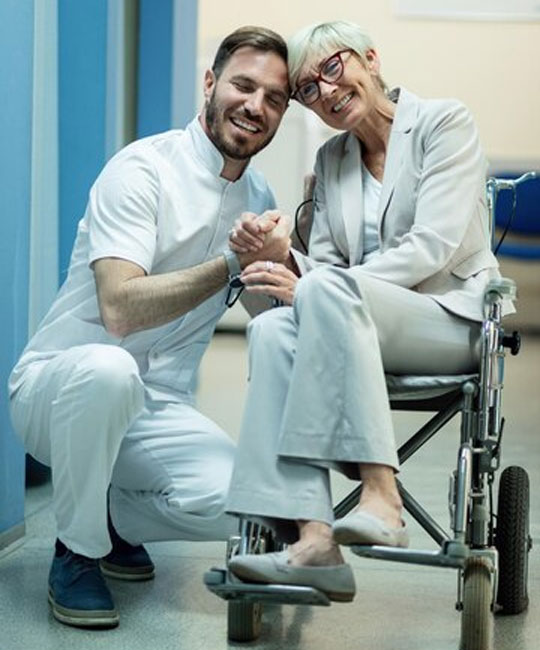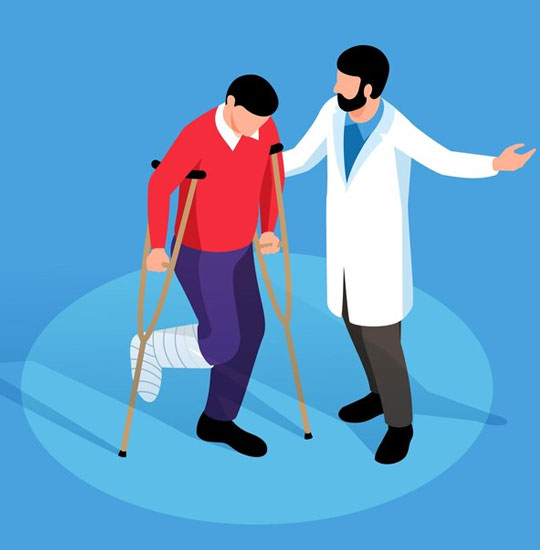
Post-surgery rehabilitation in Milton is a crucial aspect of the recovery journey, aiming to restore optimal health and functionality after a surgical procedure. This specialized form of rehabilitation is designed to address the unique needs and challenges individuals face post-surgery, whether it’s orthopedic, cardiovascular, or other medical interventions.
Key Components of Post-Surgery Rehabilitation: Rehabilitation plans are tailored to the specific surgery and individual requirements. These often include targeted exercises, physical therapy sessions, and progressive activities to rebuild strength, improve range of motion, and enhance overall functionality. The goal is not only to recover from surgical intervention but also to ensure a comprehensive recovery that fosters a return to daily activities and an improved quality of life. Post-surgery rehabilitation is a collaborative effort between the patient, healthcare professionals, and rehabilitation specialists to achieve the best possible outcomes.
Undergoing surgery in Milton is a significant event that requires careful attention to the recovery process. Post-operative rehabilitation is essential for several reasons:
Prioritizing post-operative rehabilitation in Milton is a crucial step towards a successful recovery, enhancing both the short-term healing process and long-term outcomes.


A comprehensive rehabilitation program is a structured approach that addresses physical, functional, and emotional aspects of recovery, aiming to restore individuals to their optimal health and well-being.
A full rehabilitation program integrates various therapeutic elements, emphasizing a patient-centric approach to facilitate a complete and successful recovery.

Experience rejuvenation through acupuncture in Milton. Healingzone provides expert sessions for pain relief, stress reduction, and overall well-being.
Read More
Post-surgery rehabilitation is a tailored program of exercises and therapies to aid recovery and restore function after surgery.
Read More
Experience expert chiropractic care in Milton. Alleviate pain and enhance well-being at HealingZone Physiotherapy. Your health, our priority.
Read More
Physiotherapy is a healthcare discipline that uses exercise, manual therapy, and education to promote mobility and well-being.
Read More
Revitalize in Milton with massage therapy—relieve stress, alleviate pain, and enhances overall well-being.
Read More
Off-the-shelf braces are pre-made, non-customized orthopedic devices designed to provide support and alleviate common musculoskeletal issues.
Read More
Custom-made orthotics in Milton provide personalized support for your feet, addressing unique foot conditions and enhancing overall comfort.
Read More
Discover relief through Cupping Therapy in Milton—enhance circulation, reduce muscle tension, and promote overall well-being at our clinic.
Read More
Compression stockings improve circulation, reduce swelling, and prevent blood clots, promoting overall leg health and comfort.
Read More
Shockwave Therapy in Milton uses acoustic waves to stimulate healing, promote tissue repair and reduce pain in musculoskeletal conditions.
Read More